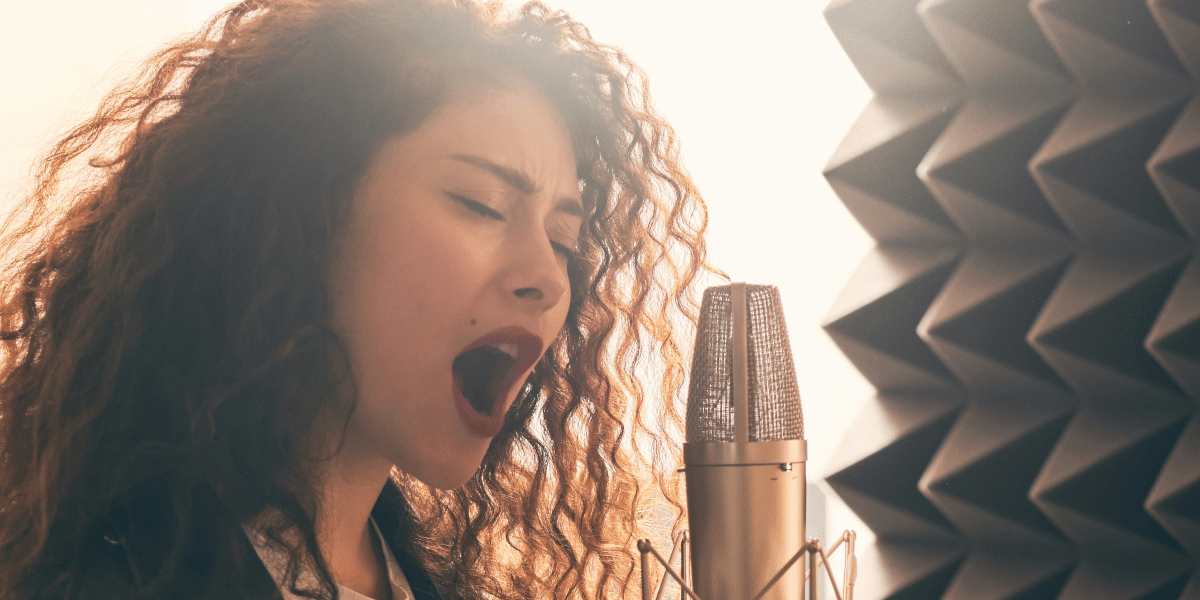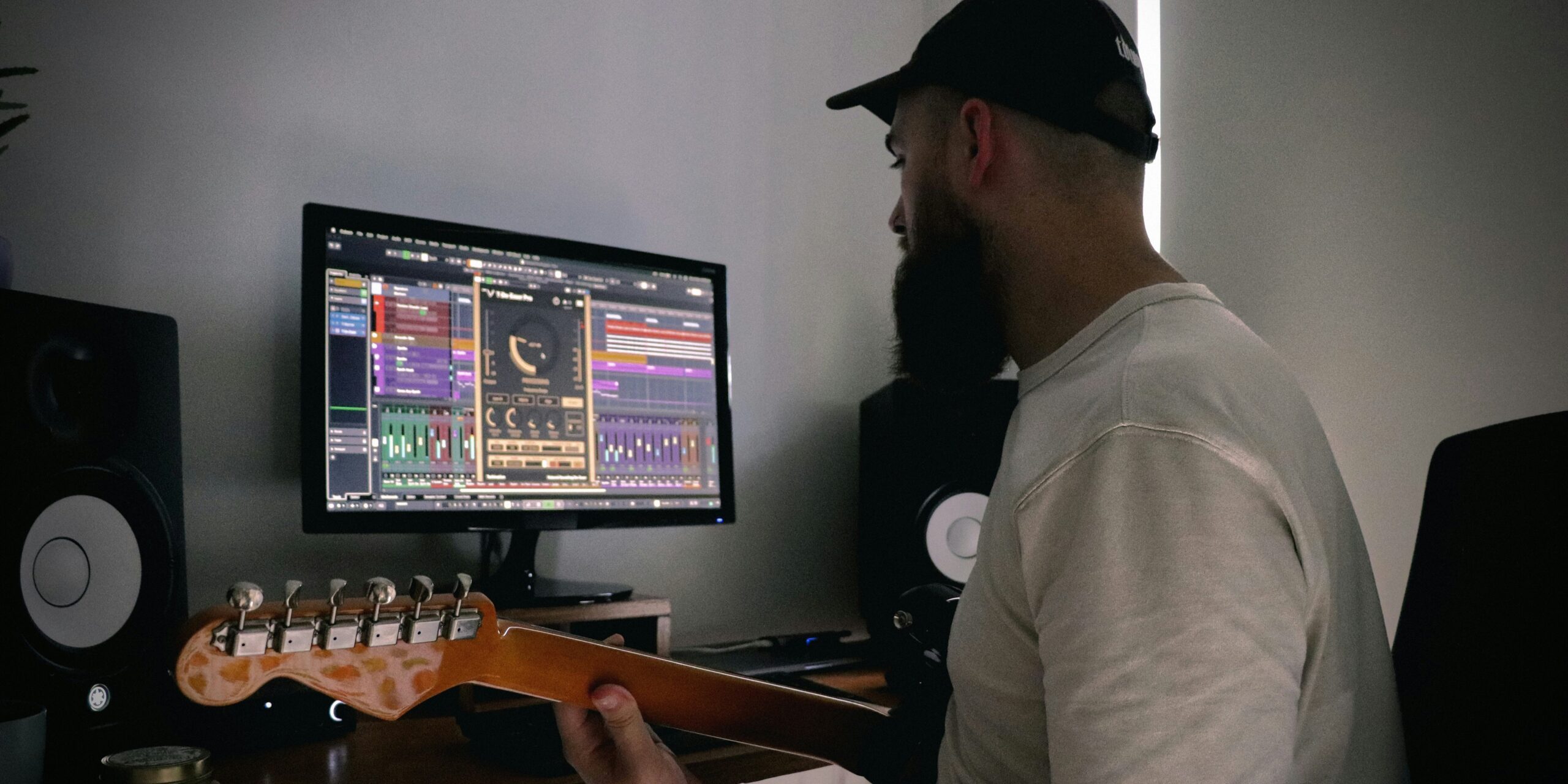By: Sydney Plum
Sleep is a universal need, but misconceptions about it are just as common. From the best hours to catch Zs to foods that allegedly ruin your rest, many well-known “truths” about sleep are misleading. Understanding what really affects sleep quality requires looking beyond popular beliefs and diving into what science has to say. In this article, we’ll explore three of the most persistent myths about sleep and what truly influences how well you rest.
Myth 1: You Can Catch Up on Sleep Over the Weekend
One of the most common sleep myths is the idea that you can recover from a week of late nights by sleeping in on Saturday and Sunday. While the concept of “catching up” on sleep is tempting, research suggests that it may not be as simple as it sounds. Sleep is not a debt you can pay off in a lump sum, and sleeping extra on weekends does not fully repair the cognitive and physical deficits caused by lack of sleep during the week.
A study published in the journal Current Biology revealed that while extra weekend sleep might help reduce some fatigue, it doesn’t reverse the effects of chronic sleep deprivation. In fact, it can create a vicious cycle: staying up late during the week and then sleeping in on weekends can disrupt your internal body clock, known as the circadian rhythm, making it harder to fall asleep at a reasonable hour when Monday night rolls around. Consistency, more than quantity, is key. Your body thrives on routine, and going to bed at the same time every night ensures better long-term sleep quality than cramming all your rest into two days.
Myth 2: Drinking Alcohol Helps You Sleep
Another pervasive myth is that alcohol helps you fall asleep faster. While it’s true that a nightcap can make you feel drowsy, the overall effect on sleep quality is far from beneficial. Alcohol interferes with the body’s natural sleep cycle, particularly the REM (rapid eye movement) phase, which is critical for restorative sleep and cognitive function.
When you drink before bed, you might fall asleep quickly, but you are more likely to wake up during the night. Studies show that alcohol fragments sleep by reducing REM stages and causing you to wake up more frequently. This fragmentation leads to lighter, less restful sleep. Additionally, alcohol is a diuretic, which can increase the need for nighttime bathroom trips, further disrupting your rest. So while that glass of wine might make you feel relaxed initially, it’s more likely to result in a restless night and groggy morning.
Myth 3: Chocolate Always Keeps You Awake
Many people believe that eating chocolate before bed will ruin their sleep due to its caffeine content. While it’s true that some chocolates contain enough caffeine to potentially interfere with sleep, this doesn’t apply to all chocolate. The idea of chocolate keeping you awake is more nuanced than it seems—while high-caffeine chocolates can disrupt sleep, others may not have the same effect.
Dark chocolate, especially varieties with a high cocoa content, can have a considerable amount of caffeine—sometimes as much as a cup of tea. However, milk chocolate and white chocolate contain much less caffeine, and unless you’re eating large quantities of dark chocolate right before bed, the effect is likely to be minimal for most people. What can impact your sleep more significantly is sugar. Sugary foods before bed can cause a spike in blood sugar levels, leading to a “sugar crash” that might wake you up during the night. The key takeaway? Not all chocolate is created equal when it comes to sleep, and moderation is essential.
What Really Affects Sleep Quality
So, if common myths about sleep don’t tell the full story, what factors truly affect how well you sleep? Consistent sleep schedules, as previously mentioned, play a vital role. Your bedroom environment, including factors like room temperature, lighting, and noise levels, also significantly impact sleep. Cooler temperatures and minimal light exposure help signal your brain that it’s time to rest, while noise can keep your body in a heightened state of alertness.
Sleep hygiene practices, such as avoiding screens before bed, limiting caffeine and alcohol intake, and creating a calming bedtime routine, are scientifically backed methods for improving sleep quality. Stress and anxiety can also keep you awake, so incorporating relaxation techniques like meditation or reading before bed may help you unwind.
The next time you find yourself tossing and turning, remember that the key to better sleep lies not in popular sleep hacks but in understanding your body’s natural needs. Making small adjustments to your habits can make a big difference in the quality of your rest.
Published by: Martin De Juan









